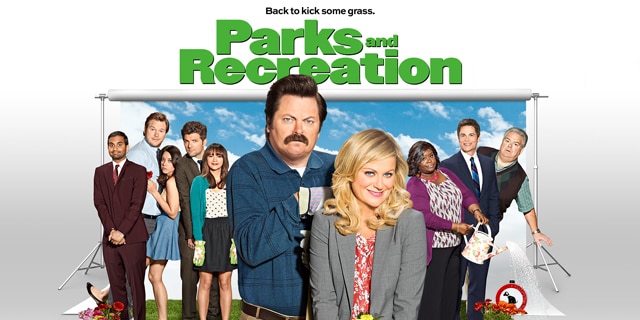Every move you make online is being recorded. Data mining is all
around us and almost every modern online technology is using it. From your car
to your cellphone each input you make is being recorded. This data is being used
in a wide variety of ways; some that seem small and insignificant and others
that cause a great uproar.
The problem with deciding what is ethical and what is not is that
there is no clear answer. For any situation you have people who fall on both
sides of the line and because this is a new field that is increasing everyday
there are not many if any precedents too fall back on. The same people who have
a problem with companies storing their messages are fine with data mining when
it is convenient for them; Amazon keeping track of your recently purchased so
you can easily reorder an item that you like. This all add to the problem of
where the line should be drawn on companies using private information for
someone’s advantage (either the customer or themselves). Philosopher
James H Moor theorizes these growing ethical problems in his paper Why we
need better ethics for emerging technologies “Moor’s Law: As technological revolutions
increase their social impact, ethical problems increase.” Moor is correct in his
thinking. As the technology world increases the ethical issues are going to
grow with it.
This issue is depicted on the television series Parks and
Recreation.
We see the town of
Pawnee, Indiana happily accept the introduction of Gryzzl into their lives and
its free Wi-Fi, but then object when their privacy is invaded, however Gryzzl
does not believe they are in the wrong. This is a depiction of data mining and the
use of private information going too far. Most people would disagree with the
use of information in this way, but do the companies involved see it that way?
With companies and individual citizens disagreeing on what is
ethical in the potential uses of private information it makes it harder to pass
laws to determine what is and is not ethical. The further technology advances
the more these issues are going to appear, which makes it critical that we come
to the correct decision of what is ethical. Moor gives us three ways to improve
our approach to ethical issues: “First, we need realistically take into account
that ethics is an ongoing and dynamic enterprise; second improvement that would
make ethics better would be establishing better collaborations among ethicists,
scientists, and technologists; third improvement that would make ethics better
would be to develop more sophisticated ethical analyses.” These three steps are a good start to this
problem, but we can always to more to make sure every action taken is ethical. Always
remember what you do online is being recorded.


Hi Sean,
ReplyDeleteGood improvement from your first post. The Parks and Recreation picture seems out of place. A shot from the show somehow showing Gryzzl would be make the image more compelling. Moreover, if you put the example before Moor, I feel like you could have connected it better that way.
The use of Moor to walk us through your conclusion is good because Moor is a good framework for us, governments, and companies to think about when making decisions related to data, but I'd like to see more of you in the post as a whole.